You might feel uncomfortable with the idea that you don’t want a career. I mean, don’t we all need jobs? Isn’t having a career just part of life? How much do your preferences honestly matter in all of that?
But I’m here to tell you that it’s ok if you don’t want a career. For you, traditional careers may mean:
- Placing your job over other priorities in life
- Valuing your productivity over your personal self-worth
- Hard work with little reward
- Chasing someone else’s idea of success
- Doing what your parents or friends think you should do
- Facing a daily struggle just to get out the door
Who would want any of that?
It’s ok to want a job that doesn’t just pay the bills but gives you a feeling of purpose.
And, it’s ok to want that job not to take over your whole life.
So let’s talk about the traditional idea of a career, good reasons you may not want that for yourself, and what to do when a standard career or job doesn’t work for you.
What Do You Want To Be When You Grow Up?
I had a lot of answers for this when I was a kid.
When I was 4, I wanted to open a restaurant that only served peas and carrots all the time (or so I’m told).

Later, at maybe 7 or 8 years old, I wanted to be a vet in a veterinary hospital shaped like an H (for “Hospital,” obviously). Shoutout to my childhood bestie; this was our shared dream!
And every few years, I got new ideas for my dream job —
- Zoologist
- Part-time band member / Part-time record-store worker (oh to be 16 again)
- Jewelry-maker
- Barista / Coffee shop owner
- B&B operator
- Photographer
Even after I spent 10 years in the agency world, by age 32, I still didn’t know. And by many accounts, I was “grown up” already… so apparently, I had blown it.
My point is, if you also never really knew what you wanted to be when you grew up — there may be some self-discovery in your future.
In my case, I realized that I never really figured out WHY I wanted any of those fleeting careers.
So, how about you?
What are you actually interested in?
Are you considering other peoples’ opinions or societal pressures like big houses and fancy vacations?
Are you leaning too heavily on your skills (what you’re good at or get praised for) instead of your interests (what you enjoy doing)?
In fact…
Do you even want a career?
And did you know that NOT having one was an option?
I Don’t Want to Work Anymore — But I Need the Money
Phew — this is relatable, right?
We’d love to be able to choose what we do all day and pay for what we need … without the stress and exhaustion that come with a full-time job. Work is a grind that can wear on you all day long.

Apart from charitable volunteer work, most of us wouldn’t work for free. So that means none of us really want to work anymore, but we do it because we need the money.
Mindset shifts can help us cope with this to some degree — being grateful for what your job affords you, thankful that your bank account has enough funds to pay for the basics, and more appreciative of the time you do have to yourself.
But when you’re burnt out, exhausted, anxious, and frustrated, mindset shifts don’t help much at all.
In part, that’s because the ONLY satisfaction you get from your work is the paycheck. And over time, that’s not enough for most people.
You want to find some meaning, some fulfillment in your work. You want it to align with who you are as a whole person, overlap with your interests at least a little, and give you a reason to go every day — besides just the money.
If you don’t get any of this from your job, it makes complete sense that you don’t want to work anymore.
But maybe the real problem is that you don’t want to do THIS job anymore.
DOES THIS SOUND LIKE YOU?
1:1 COACHING could BE YOUR best move!
5 Reasons You May Not Want a (Traditional) Career
Yup, that’s right — you don’t have to want a career. And you don’t have to pursue a traditional one!
There are alternatives, which we’ll get to shortly. But first, what are some common and perfectly good reasons for this?
1. “I don’t want a stressful job — I need work-life balance”
When you think of a “career,” the first things that come to mind probably include variations of:
- Doctor
- Lawyer
- Teacher
- CEO
- Something in tech or finance
As you look at that list, do you see anything that you’d classify as low-stress?
Me, neither.
How about anything that doesn’t require long hours, frequent overtime, and/or several years of intense schooling?
Didn’t think so.
So you may realize that what you don’t want is a high-stress, high-urgency, always-on job that occupies all of your waking hours.

And that’s ok. Not every job is like that.
And despite what some people might think or even say, not wanting a traditional career path doesn’t mean you have a poor work ethic or are lazy. Permit yourself to think beyond the traditional realm.
2. “I’m not career-oriented — my personal life is my priority”
Work-life balance is critical to you — and ideally, the balance leans more in favor of the “life” part.
What you do for work isn’t the most important thing to you. You hate when people ask what you do for a living. You’d prefer to clock in, do your job, clock out, and get back to the rest of your life — family, kids, friends, pets, hobbies, passion projects, travel, exercise, leisure, self-care…
There is absolutely nothing wrong with that. In fact, in some way or another, that’s the ideal goal for almost everyone — to have more time for living outside of work!
The biggest distinction for you to get clear on is:
- Do I want a fulfilling day job that aligns with my interests, or
- Do I want to pursue alternate ways of making money instead of a job?
Either way, you can do your own thing!
Your job doesn’t have to align with your purpose in life.
That scenario is perfect for career-oriented people who do find great joy and personal fulfillment from their work — but that’s not the case for everyone.
3. “I don’t have a clue what my life purpose or dream job is”
On the flip side, maybe you’re a person who finds a lot of meaning and value in work. In this case, you may be hesitant to commit to a path before you feel you’ve discovered your purpose.
This is a sign to get to know yourself better! A sense of purpose and fulfillment won’t fall in your lap. Your purpose won’t magically reveal itself to you. You need to take action!
Whether through self-inquisition, assessments, coaching, or trial and error, explore your interests and passions to discover alignment and fulfillment. This will guide you toward your ideal future — instead of first-day regrets at another ill-fitting job.
4. “Finding meaning matters more to me than accolades or outward success”
This is similar to point 1, in that societal definitions of success may be holding you back.
It’s possible — even likely — to find meaning and fulfillment through an alternative path. And it’s not always an either/or situation. You can choose a meaningful path that’s also something to be proud of, something you’re praised for, and something that is a marker of success in someone’s eyes.
So don’t limit yourself by thinking that meaningful work isn’t a “real” career.
5. “I don’t want to work for someone else”
While starting your own business may not be considered traditional, the stats say otherwise.
1 in 3 millennials worldwide say they want to start their own company — so if this is how you feel, you aren’t alone. Some of us won’t find real fulfillment from being a good employee, no matter what industry or role we’re in.

Image by Thought Catalog
The ability to work online and from home opens up a whole new low-cost opportunity for entrepreneurship. With no employees or contractors and no inventory, you can likely get started for less than you think.
I spent about $10k getting my company off the ground in 2023, and many would say I overspent. I’m happy with the decisions I made, though — and I love being my own boss!
Depending on your audience and products or services, your startup costs could be significantly less.
What Else Can You Do Besides “Get a Job”?
Luckily, there are other ways to make money besides just getting a job.
Please do take this with a huge grain of privileged salt, though —
Between rent or mortgage, utilities, healthcare, groceries, transportation, and other essential costs of living, just about all of us will need to “get a job” at some point, even if it’s short-term.
If you don’t want to “get a job” or you’d like to leave your current job behind ASAP, the best thing you can do is get curious about why. This could lead you to some very interesting things, including the following alternative paths:
Explore Part-Time and Side Gigs
Embrace being multipassionate! You may have noticed that my teenage self thought that a dream job would be 2 part-time jobs. Well, my teenage self would be proud of me today! That’s because I spend part of my time freelance writing, and I’m also a part-time career coach.
Doing the same thing all day, every day, week after week, never sounded appealing to me. Even a full-time job with a variety of different tasks and responsibilities still feels like the same thing.
So working a part-time job while starting something on the side, working a few part-time jobs, or exploring multiple freelance and solopreneur opportunities at the same time are all valid ways of making a living.
Start a Business
Remember that stat about 1 in 3 millennials wanting to start a business? That could be you!
But it may feel out of reach to you. For example, you might picture coming up with an invention and getting patents, or buying inventory and hiring employees, or getting a storefront or restaurant and opening to the public.
While these are all aspects of some businesses, you don’t need to do any of this to start your own company.
If you aren’t planning to sell physical products, all you need is you, an idea, and ways for people to find you.
And let’s not forget: freelancing is absolutely a type of business! It is a service you provide that generates income, and you are your own boss.
So depending on your model and liabilities, you might not need to file for a business license as a freelancer.
I am not a legal professional and this isn’t legal advice — please do your research, check your local laws, and/or consult a legal professional to determine your unique circumstances.
Work Toward Financial Independence and Plan to Retire Early
“Wait, Lucy — doesn’t this require getting a job? And not just any job — one with a big salary?”
Well, yes.
But planning to stick with an exhausting job for a shorter period (5-10 years) may feel completely different from building a new 20- or 30-year career.
And if that’s the case, landing a new job where you’re making tons of money could let you save your way to early retirement and stop working much sooner.

This will likely involve a financial advisor, close monitoring of your income and what you spend, strategic use of the stock market, putting as much as you can into your retirement funds, and keeping a strong focus on your finances overall.
I am not a financial expert and this is not financial advice. Please consult a financial advisor or other fiduciary professional to develop a unique and appropriate plan of action.
I Don’t Want a Career: Frequently Asked Questions
The TL;DR has arrived! Here are some quick answers to common questions on this topic.
Is it ok if I don’t want a career?
YES. You are not invalid or wrong for feeling this way. In fact, most of us don’t want to work for our whole lives, nor do we live to work. You don’t have to be passionate about your job in order to be a complete human being. You are more than your job.
What should I do if I don’t want a career?
Get curious. Try to answer these questions: Why don’t you want one? What are your beliefs about careers, and is there room to revise any of those beliefs? What are your values in life? What’s most important to you in this world? What are your financial needs and what type of lifestyle do you aspire to?
Understanding what matters most to you and how your choices could shape the rest of your life can help you focus and see the challenge differently.
Then, it’s important to identify what support and accountability systems work best for you when making a big life change.
Is it possible to live without a career?
It’s possible, but the circumstances are important! For example:
- You don’t consider what you do to be a career (e.g., it’s just a job to me, it’s not something I’m going to do forever, it’s not a “traditional” career)
- You don’t spend much, and your expenses are low enough that part-time work or other means cover your bills
- You have the support of someone who is taking care of all your financial needs
Otherwise, most of us will need full-time careers for at least some of our working years to live comfortably.
Is it normal to not be interested in a career?
Yes! And if this describes you, here are a few questions to answer:
Open-Ended
- What beliefs are contributing to my disinterest?
- What story do I tell myself about having a career, and how does contribute to this feeling?
- What do I think being interested in a career feels like for others?
- What would it feel like for me?
Specific
- Am I disinterested in a career because I don’t like what I’m doing right now, or fear that another path would be worse?
- Is it because I don’t want to work 40 hours a week and/or work for someone else?
- Is it because I feel that jobs only exist to pay the bills, nothing else?
- Is it because I’m worried about work-life balance?
Why do some people not want a career?
Most of us don’t want to work for free — we work because we need the money. This doesn’t necessarily mean we have a bad work ethic; are lazy; don’t work hard at our jobs; don’t care about our future; or don’t want nice things for ourselves, our kids, or the rest of our family.
People may not want a career for any number of reasons, including their perception of what a career looks like or how work fits into their lives, personal values, and sense of self.
It’s possible that many people who feel they don’t want a career actually just don’t want to be doing what they’re doing right now — and would love to have a career that truly feels fulfilling and meaningful to them.
That may feel impossible… but it’s not. You can create a fulfilling career once you have a clear understanding of what that means to you.
Need help figuring all of this out? You’re not alone!
Schedule a free intro call to see if 1:1 career coaching is your best next step.



